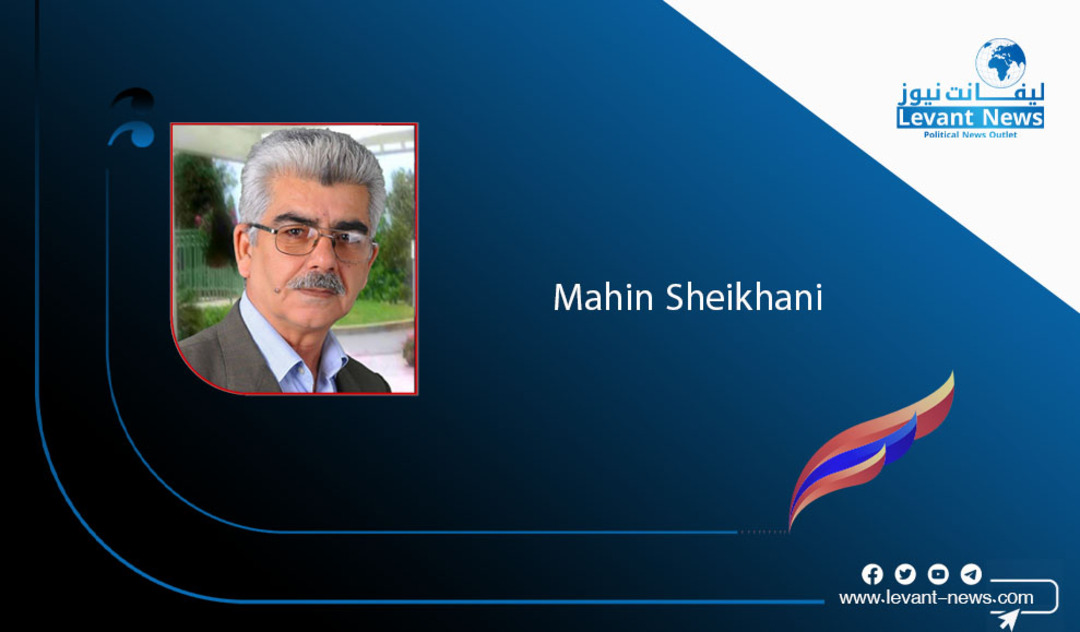-
Kurdish Unity: Between Qamishli Conference and Paris Meeting — Has the Moment Matured?

Introduction: From Qamishli to Paris… A Path Paved with Stakes
Amid regional and international political storms, statements by the Commander-in-Chief of the Syrian Democratic Forces, Mazloum Abdi, have revived a question that has been echoed in Kurdish circles for a decade: Can Kurdish unity become a reality, or will it remain confined to statements and conferences?
While Kurds continue to face existential threats from Ankara and Damascus and live under suffocating economic siege, signs of a new political project surface—linking the Qamishli Conference with the upcoming Paris meeting—within efforts to solidify the Kurds' role in the future Syrian equation.
**First Axis: Qamishli Conference — Will or Face?**
Abdi clearly indicates that the "Kurdish Unity of Stance and Voice" does not represent a party or a current, but rather a "popular will" that belongs to all Kurdish components. However, the most important question remains:
Has this conference transformed into an executive mechanism capable of enforcing its decisions, or has it remained within the realm of political symbolism?
Until now, the Kurdish street has not seen concrete steps to translate this will into action, especially amidst divisions between the Syrian National Council (ENKS) and the Autonomous Administration parties. The project faces two fundamental obstacles:
- Internal partisan rivalry, sometimes supported by regional powers
- The absence of binding international guarantees to convert conference outputs into a legally binding political agreement
**Second Axis: Paris… Between Washington, Damascus, and Ankara**
Abdi’s statements indicate that Paris is not merely a technical meeting but a platform for discussing strategic issues such as:
- Integrating the Syrian Democratic Forces into the Syrian army within a constitutional framework
- Ensuring recognition of the Autonomous Administration as a form of decentralized local governance
- Sovereignty files: border crossings, oil, and borders with Iraq and Turkey
What is noteworthy is the presence of US and French envoys alongside the Syrian government delegation, reflecting a shift in the international approach to the Kurdish issue:
- An indirect recognition of the legitimacy of the Kurds as an active political component in Syria’s future
- Western attempts to engineer a settlement that satisfies Damascus without losing the alliance with the SDF in the fight against ISIS
**Third Axis: Turkey… Red Lines and Gray Communications**
The most prominent and controversial statement by Abdi is about open dialogue channels with Turkey, coupled with an emphasis on the desire to "resolve the dilemma fundamentally and avoid war."
However, this openness raises questions:
- Is this a pragmatic political move to ward off another Turkish military operation?
- Or a preliminary step for on-ground bargaining that could include withdrawals or repositioning?
It remains certain that the return of displaced persons to Afrin, Sere Kaniye, and Tel Abyad is contingent upon ending the Turkish occupation, making dialogue with Ankara complex—balancing confidence-building measures with rejecting the status quo.
**Conclusion: Will the Moment Mature or Dissipate?**
Kurdish unity is no longer a political luxury but an existential necessity, amid regional races to redraw influence maps in Syria. Turning this unity from a slogan into reality requires:
- An independent Kurdish will free from regional guardianship
- International backing to ensure the implementation of agreements
- Genuine involvement of the Kurdish civil society, away from partisan quotas
The crucial question remains:
Will the Paris meeting mark the beginning of a constitutional path that enshrines Kurdish recognition, or will it be just another chapter in a policy of managing time until further notice?
Maheen Shekhani
You May Also Like
Popular Posts
Caricature
opinion
Report
ads
Newsletter
Subscribe to our mailing list to get the new updates!




















